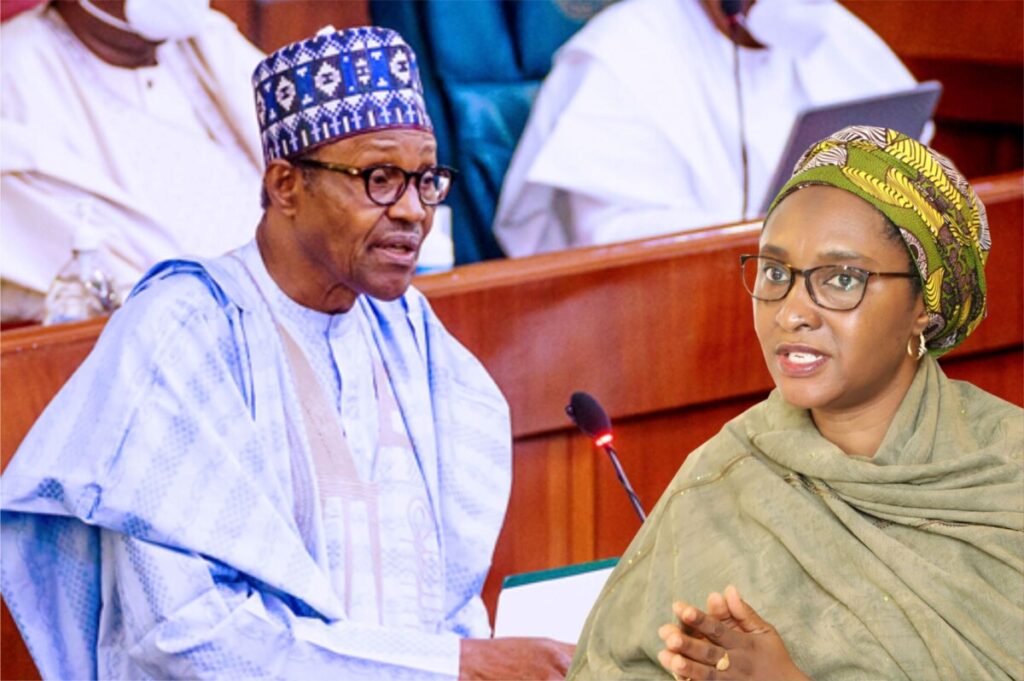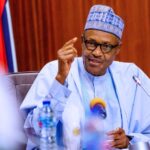For the second year running, the Federal Government has lived up to its promise to present the national budget early in the year in order to fast-track its implementation, as President Muhammadu Buhari yesterday presented N13.08 trillion Budget 2021 to the joint session of the National Assembly.
In his speech at the presentation of the Budget 2021 themed ‘Budget of Economic Recovery and Resilience’, Mr. President, who stated that the budget is aimed at promoting economic diversity and enhancing social inclusion, said, “for the first time in recent years, we commenced the implementation of this year’s capital budget in the first quarter.”
Referring to the government’s efforts to sustain the reversed Nigerian budget’s January to December cycle, he stated: “As at 15th September 2020 a total of about N1.2 trillion had been released for capital projects. Every federal ministries departments and agencies (MDAs) has received at least 50 percent of its 2020 capital expenditure budget, in line with my earlier directives.”
In the course of the address, Mr. President promised to present the highlights of the budget proposals for the next fiscal year, also stating that: “The Honourable Minister of Finance, Budget and National Planning, Mrs. Zainab Ahmed, will later provide the full details of these proposals.”
Aside commending the tremendous efforts of the National Assembly in approving the revision of the 2020 – 2022 Medium-Term Expenditure Framework (MTEF) and Fiscal Strategy Paper (FSP), and passage of the 2020 Appropriation (Repeal and Amendment) Act, in response to the Coronavirus Pandemic, Mr. Buhari noted that the event marked an important occasion in government’s quest to accord the federal budget process the seriousness it deserves.
In his words: “In line with our commitment, we have worked extra hard to ensure early submission of the 2021 –2023 MTEF and FSP, as well as the 2021 Appropriation Bill. It is my sincere hope that the National Assembly will pass this Bill into law early enough to enable implementation by 1st January 2021, given the collaborative manner in which the budget was prepared.
In the 2021 budget, an aggregate expenditure of N13.08 trillion is proposed which, among other concerns, includes N1.35 trillion spending by government-owned enterprises (GOEs) and Grants and Aid funded expenditures of N354.85 billion. For 2021, the proposed N13.08 trillion expenditure comprises: Non-debt Recurrent Costs of N5.65 trillion; personnel costs of N3.76 trillion; pensions, gratuities and retirees’ benefits of N501.19 billion; overheads of N625.50 billion; debt service of N3.124 trillion; statutory transfers of N484.49 billion; and sinking fund of N220 billion (to retire certain maturing bonds).
A projected inflation rate of 11.95 per cent and GDP growth rate of 3.00 percent has been considered. The president budgeted N128 billion for the National Assembly and N63.5 billion for the Niger Delta Development Commission (NDDC).
Based on the foregoing fiscal assumptions and parameters, total federally distributable revenue is estimated at N8.433 trillion in 2021. Total revenue available to fund the 2021 Federal Budget is estimated at N7.886 trillion. This includes Grants and Aid of N354.85 billion as well as the revenues of 60 GOEs.
The deficit, Mr. Buhari said, will be financed mainly by new borrowings totalling N4.28 trillion, N205.15 billion from privatisation proceeds and N709.69 billion in drawdowns on multilateral and bilateral loans secured for specific projects and programmes.
Oil revenue is projected at N2.01 trillion. Non-oil revenue is estimated at N1.49 trillion. Other allocations include N29.7 billion for the North East Development Commission (NEDC), N110 billion for the Nigerian Judicial Council (NJC), N70.05 billion for Universal Basic Education Commission (UBEC) and N40 billion for the electoral umpire, Independent National Electoral Commission (INEC).
Others are Public Complaints Commission (PCC) – N5.20 billion; Human Rights Commission – N3.00 billion; and Basic Health Care Provision Fund – N35.03 billion. President Buhari also said in compliance with the Fiscal Responsibility Act (FRA) 2007, all beneficiaries of Statutory Transfers will be required to provide the Budget Office of the Federation with periodic reports on the allocation and expenditure of funds for inclusion in the quarterly Budget Implementation Report.
Then, on federal government revenue estimates, Mr. President said oil revenue is projected at N2.01 trillion. Stating that the non-oil revenue is estimated at N1.49 trillion, he added: “As you will observe, the format of the 2021 Appropriation Bill has been modified to include budgeted revenues, no matter how small, for each MDA to focus on internal revenue generation.”
In view of performance of the 2020 Budget, Mr. Buhari highlighted some associated challenges. “Despite these challenges, we met our debt service obligations. We are also up to date on the payment of statutory transfers and staff salaries, while overhead costs have been significantly covered,” he stated.
On Finance Bill 2020, Mr. Buhari said: “I have directed the Minister of Finance, Budget and National Planning to finalise the Finance Bill 2020, which will be forwarded for your kind consideration and passage into law, shortly after today’s 2021 Budget presentation. The Finance Bill is to support the realisation of our 2021 revenue projections, adopt appropriate counter-cyclical fiscal policies and enhance the efficiency of fiscal incentives.”






